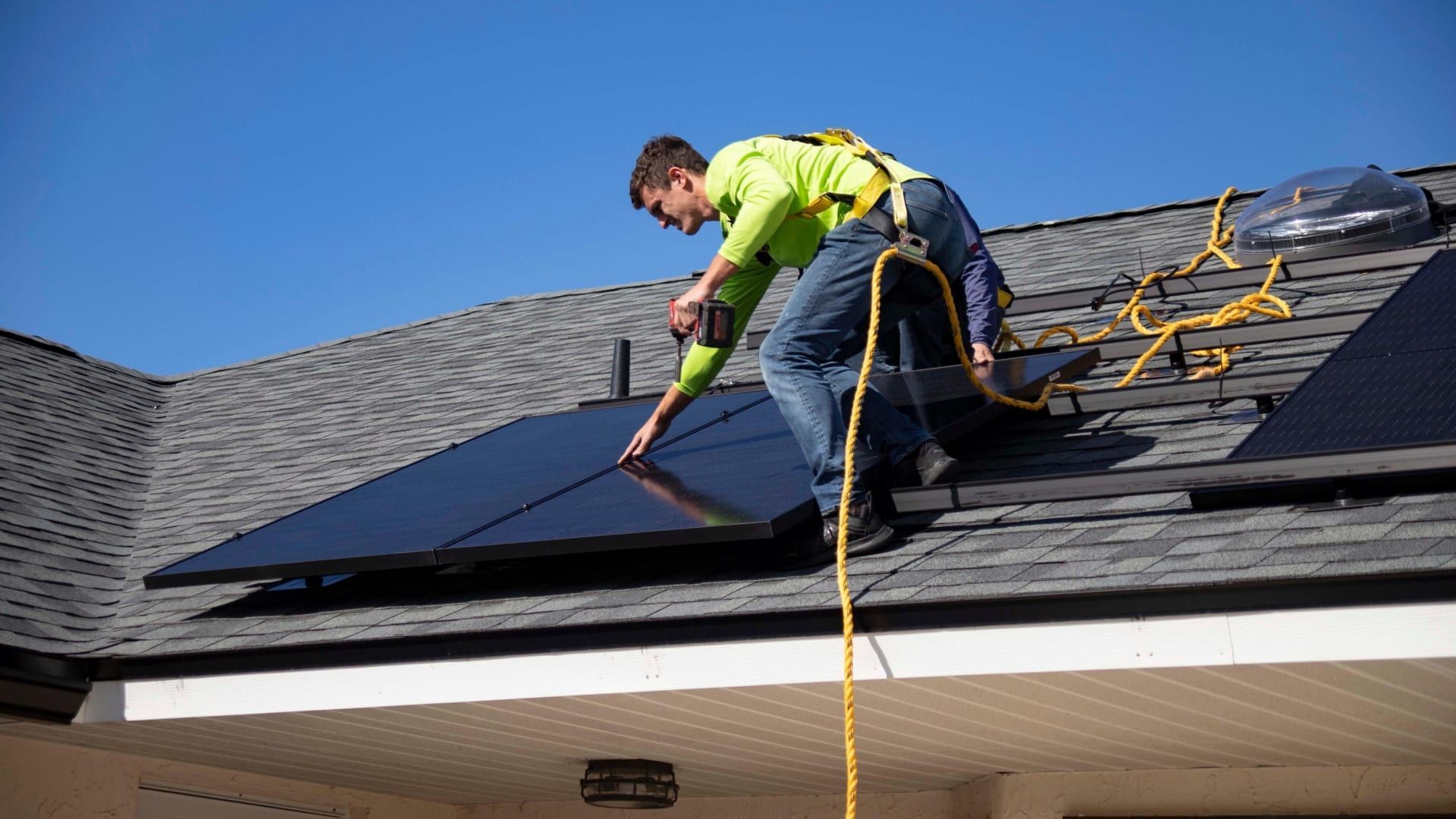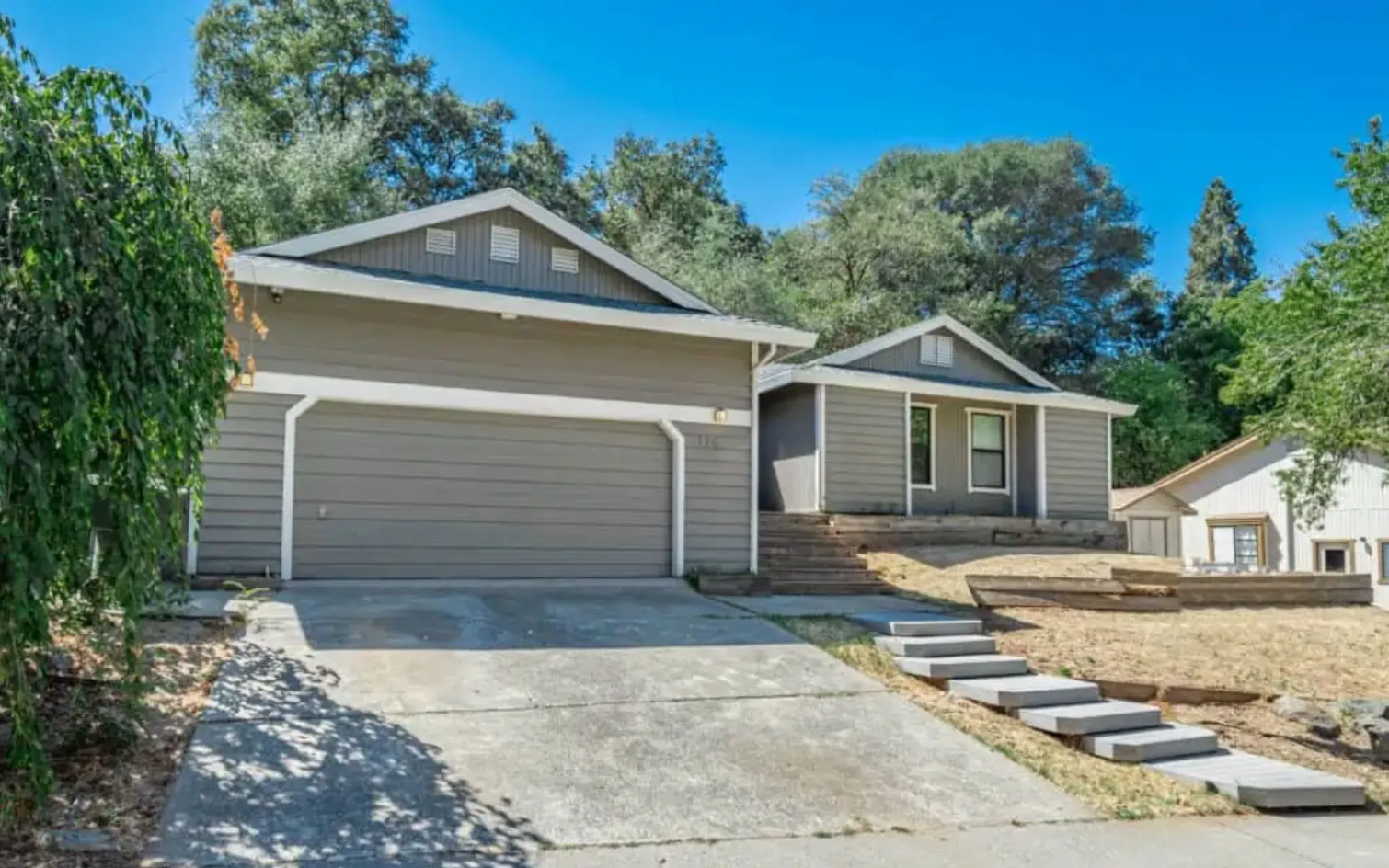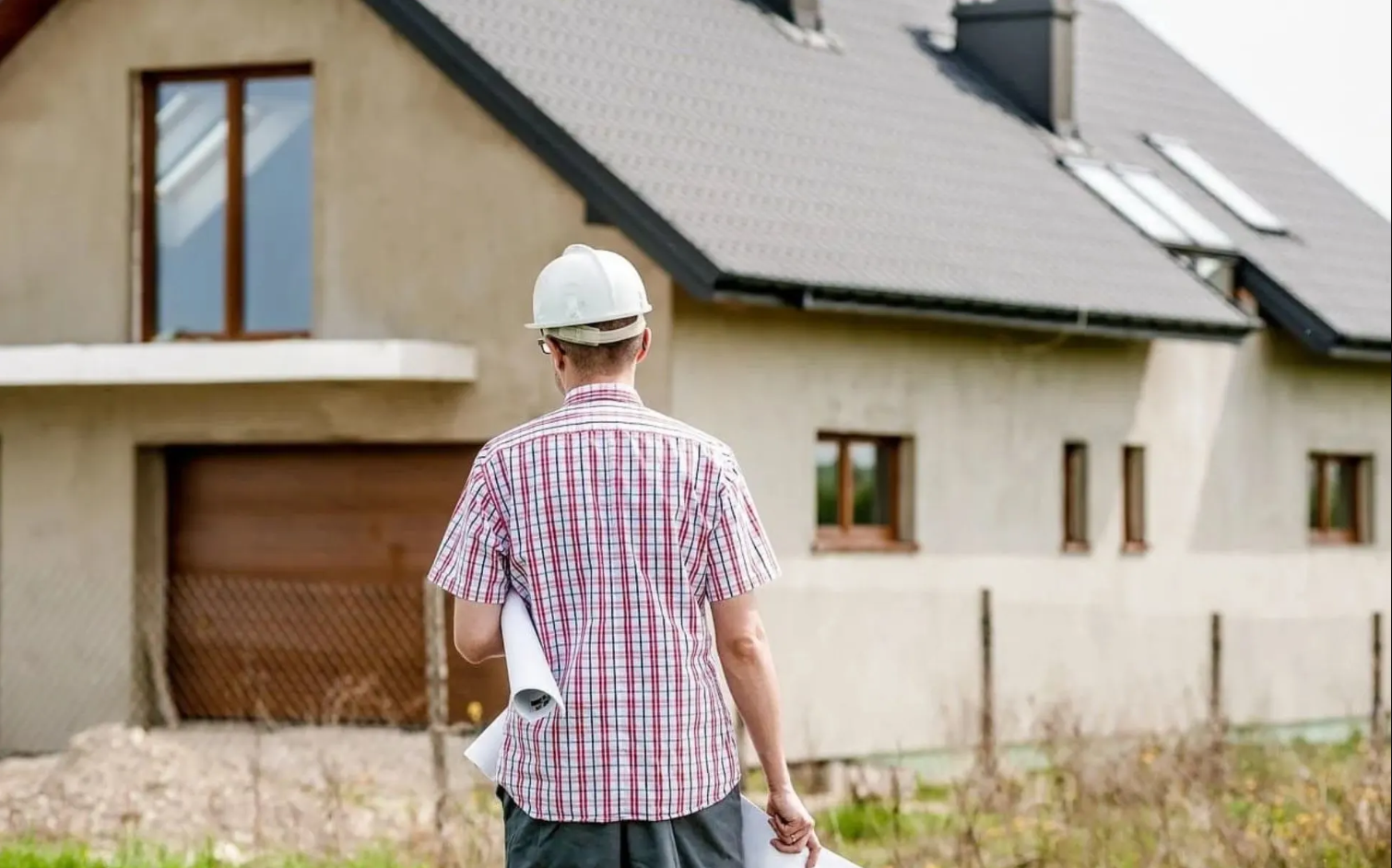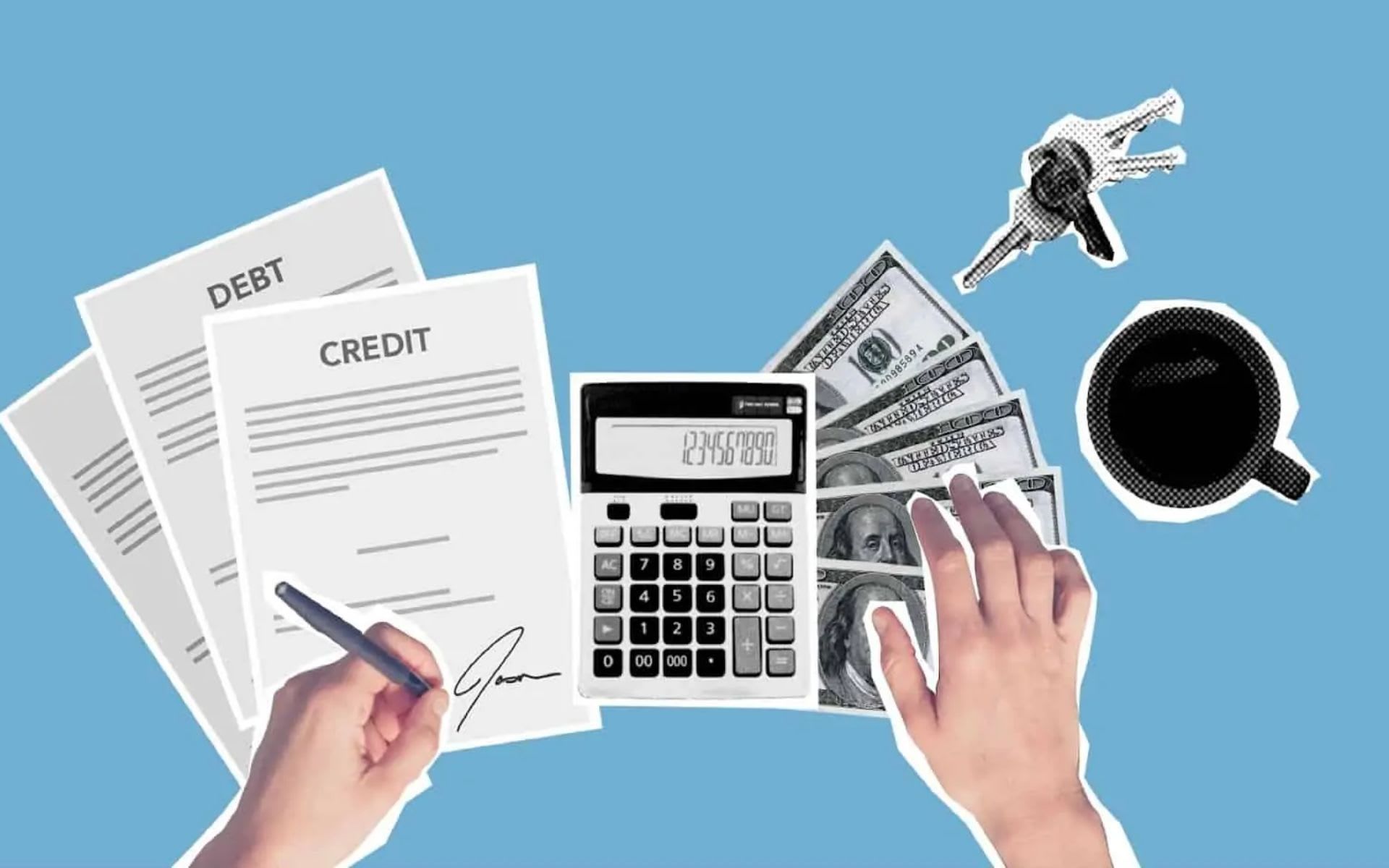The Biggest Regrets of First-Time Homeowners
Whether you are about to be a first time homeowner, you’re moving out of the city and into the suburbs, or if you’re just buying your next home, there are always a million things to consider before choosing to purchase a property.
You have to think about if it will be close enough to your work, preferred schools, and favorite grocery store.
Then think about the possible problems with the house that you’ll have to immediately invest in or fix, or if you’ll be able to move in and then gradually fix things over time.
You might think any problems with the home will definitely be caught by the professional inspector so that you won’t have to worry about any unwelcome surprises, but that may not be the case.
Let’s talk about these so you don’t get blindsided. There might be some major things that, if you had not been aware of or didn’t understand how expensive and time consuming they would be to fix, could cause you to back out of the sale and choose to pursue a different home.
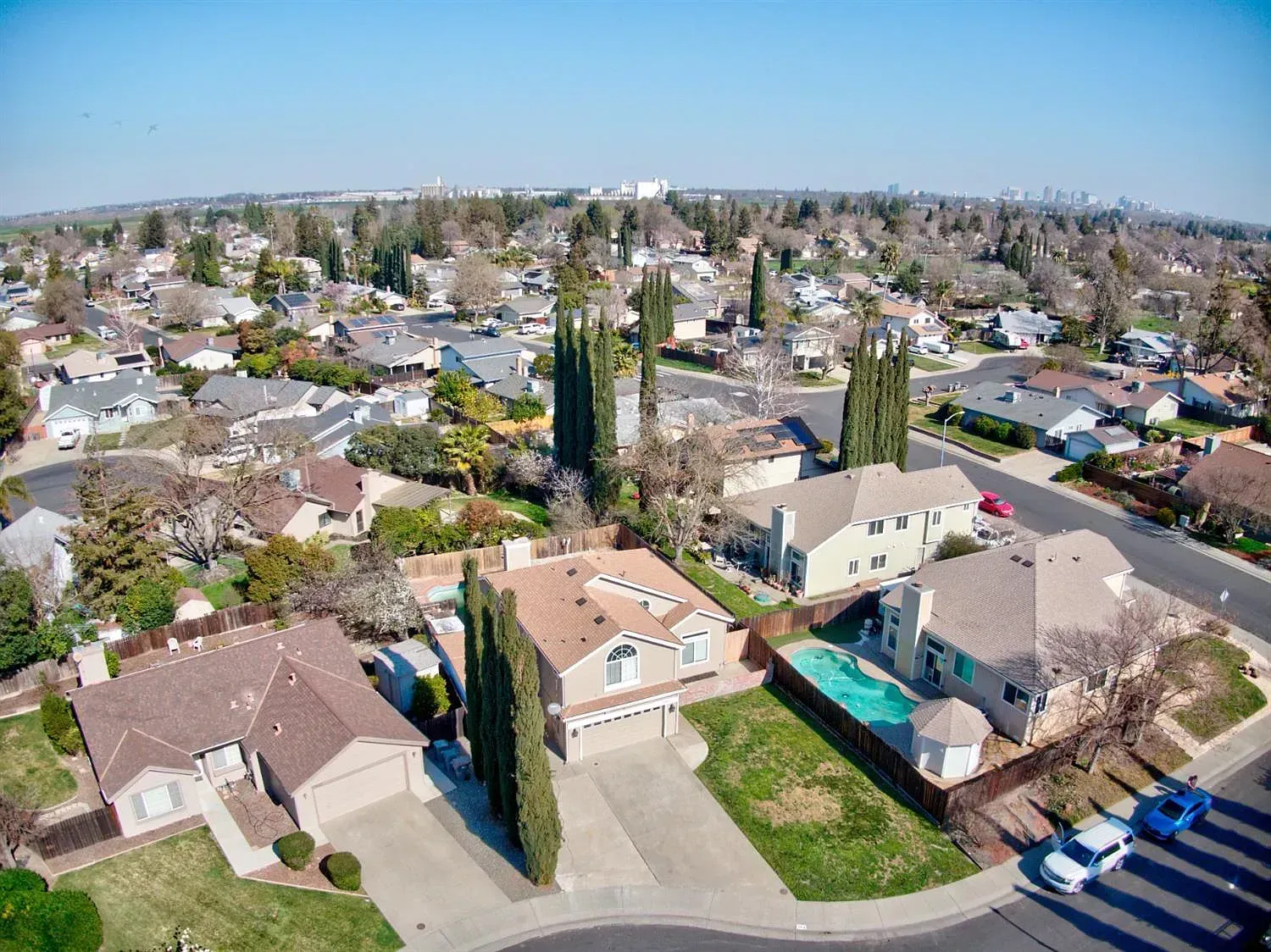
What to watch out for when looking at homes for sale
You’re probably thinking about why you would need to worry about this – isn’t that what pre-sale inspectors are for? Well yes, but even the best home inspectors aren’t going to see everything. You don’t need to become a certified home inspector yourself, you just need a list of things to watch out for. Remember, two sets of eyes are better than one.
Even if a general inspector is mandatory in your state and you manage to get the best one, they might still miss some important things. It pays to look around yourself. If you have a good Realtor, they’ll also be present and on the lookout for property issues either with you, or even on your behalf if you’re not able to be at the home tour yourself.
Also, there should always be a clause in the initial offer that the home needs to either pass inspection or the things that don’t pass make the price of the house negotiable. Ask your Realtor about including this.
Inspectors can also identify a lot of things about the home that you will want to know. You’ll have the perfect to-do list of things to work on, repairs, and renovations after the inspection is over.

Regrets of first time home owners
Don’t use an inspector that the seller’s realtor recommends. Make sure you have a great Realtor that you can rely on to help you with connecting you to a good inspector. Paying a fair fee to an experienced inspector is money very well spent. Budget for inspections because they will save you money in the long run.
Important: get the plumbing checked! This is particularly a potential issue in neighborhoods with well developed trees. Look into the status of the house’s connection to city water and sewer lines. Plumbing issues can quickly become very expensive. If there are issues, you might still decide you want the house, but know that you might have to spend a few thousand dollars getting it fixed.
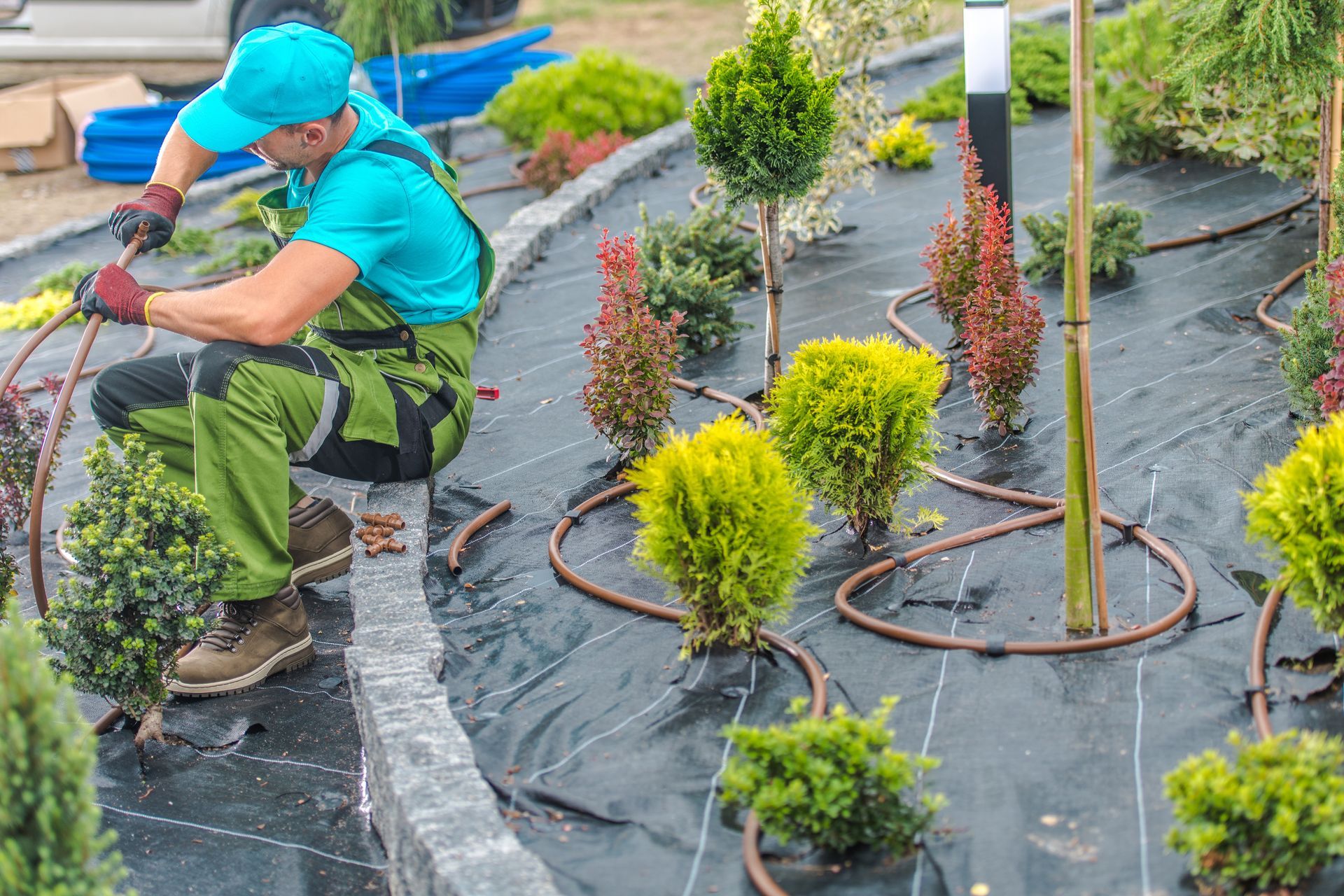
Also don’t forget to check the lights, make sure the air conditioning is in working order, the windows open, there’s no signs of water damage on the ceiling, and that the floor is in good condition.
Finally, a big regret for homeowners is not making sure the neighborhood they are moving into is the right one for them. Check to see how far the home is away from your work, your favorite grocers and coffee shops, schools, and whatever else is most important to you personally.
For more on what to avoid when buying a home, see 6 Absolute Worst Mistakes When Buying Your First (Or Next) Home.
What to know ahead of your move to a suburb
Know that you might need to make improvements right away. Chances are in your first year, big repairs are bound to be needed. So make sure you have money set aside for this instead of focusing on buying too many unnecessary big ticket items for the home. Also know that some home improvements will need permits and to be approved by the city. Ask your Realtor about what types of home improvements would need permits and approval in your area.
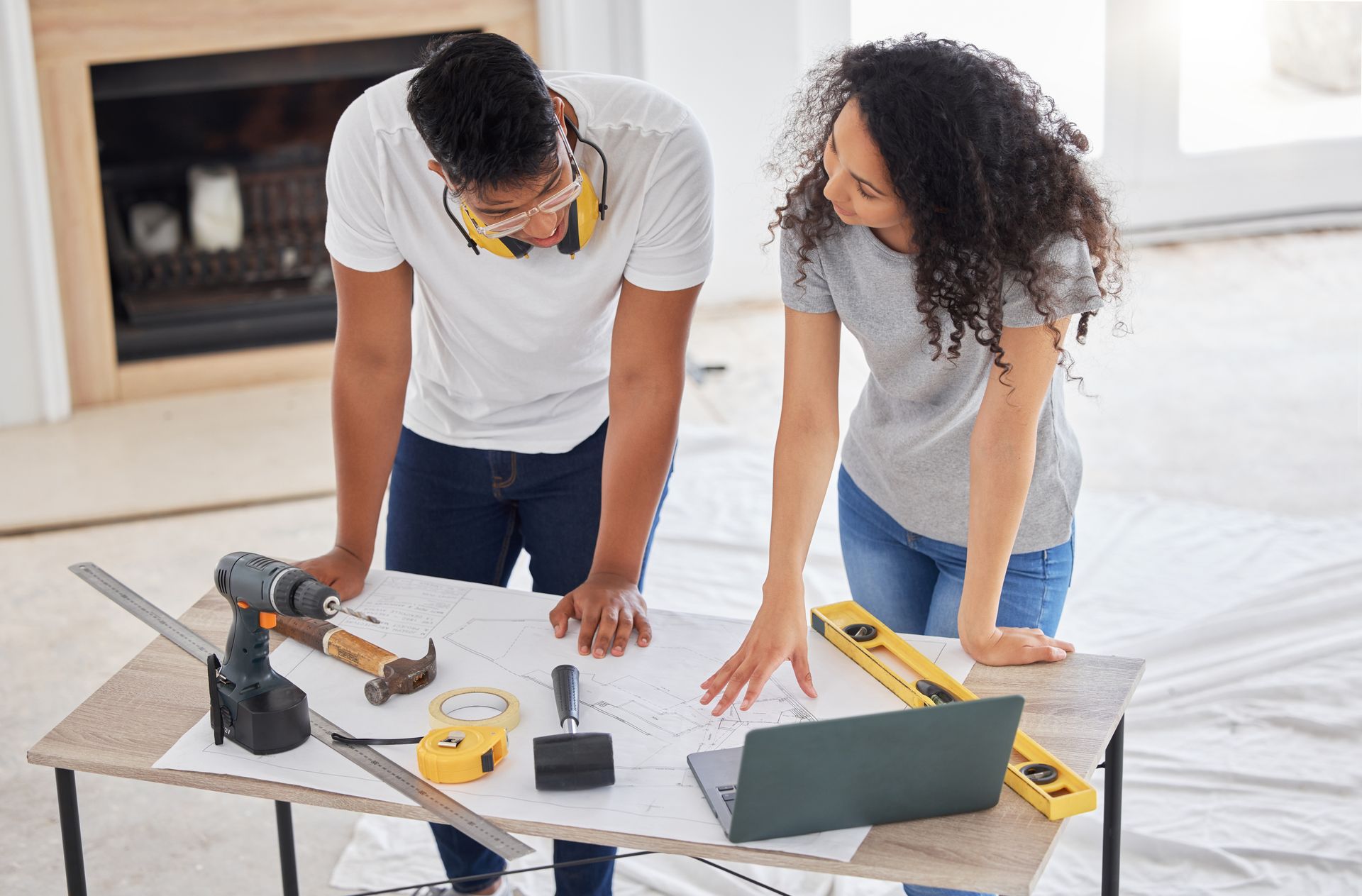
One thing that a lot of new homeowners don’t realize going into their first home is that they’ll need to follow several laws about the upkeep on the outside of the home. Be ready to invest in some lawn mowing equipment because your lawn needs to be maintained year round. If any of your trees hang over your neighbor’s fences, it’s your responsibility to keep them trimmed back. Be sure to research the laws in your area to be sure, but the sidewalk in front of your home may also be your responsibility to maintain and keep clean as well.
Don’t forget to look up your city’s trash laws to know which kinds of trash are acceptable to leave on the curb, which kinds you may get fined for, and which days of the week are for recycling.
Moving into a neighborhood requires a learning curve, but don’t worry. You’ll fall into a routine on maintaining your home in no time.
If you’re looking into buying a home in the Sacramento area, check out 3 Neighborhoods that are the Best Kept Secret for Bay Area Residents Moving to Sacramento.
Conclusion
Buying a home is a very detailed process and can be a lot to handle. Having a great Realtor on your side can make a world of difference for you. They can help find the right home for you, help you get a good inspector, help in negotiating your mortgage, and answer all of your questions.
Home buying can be intimidating under normal circumstances, and we understand that buying a home during the pandemic can be even more stressful. So be sure to check out Coronavirus Real Estate Guide for what to expect when buying a home while keeping safe. Also, be sure to reach out and ask your Realtor for any updates to safety procedures that are being handled at this time to make sure you still get your dream home, without risking your health.
If you’re looking for a home in the Sacramento area, contact us at Quantum Real Estate.




